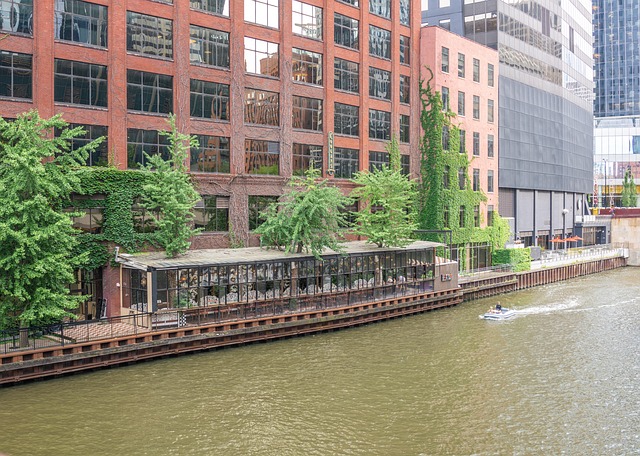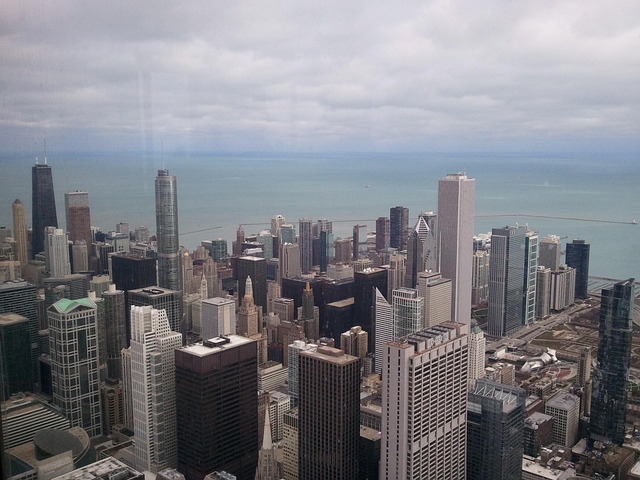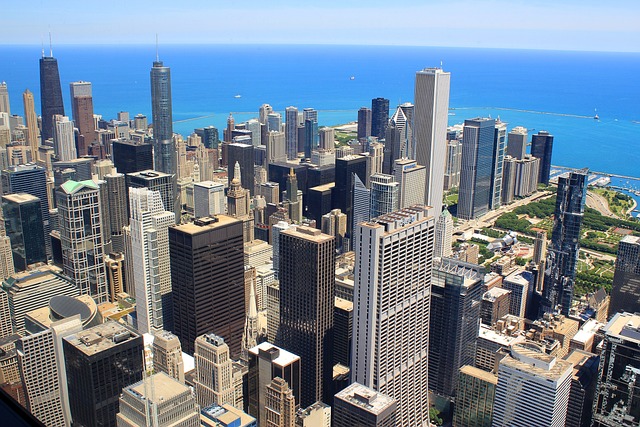Selling fire-damaged property in Chicago requires adhering to strict Illinois property disclosure laws. These laws mandate transparent communication between sellers and buyers, compelling disclosures of known defects like structural issues, water damage, mold growth, and hidden hazards from firefighting efforts. Sellers must accurately document and disclose all such aspects using a Property Disclosure Form, while buyers are entitled to inspections and repairs or price adjustments for significant fire-related damage. Transparency is key to navigating these legal requirements, ensuring a smooth sales process, and protecting against future disputes in Chicago real estate transactions.
In the bustling landscape of Chicago real estate, selling fire-damaged property presents unique challenges under Illinois’ stringent property disclosure laws. Understanding these regulations is crucial for both sellers and buyers navigating this complex process. This article guides you through the intricacies of Illinois property disclosure laws, focusing on fire damage, seller obligations, buyer protections, common exclusions, and legal best practices for a smooth transaction when selling fire-damaged property in Chicago.
- Understanding Illinois Property Disclosure Laws
- What Constitutes Fire Damage for Legal Purposes?
- Seller's Obligations When Selling Fire-Damaged Property in Chicago
- Buyers' Rights and Protections in Fire-Damaged Property Transactions
- Common Exclusions and Exceptions in Illinois Property Disclosure Laws
- Legal Implications and Best Practices for Selling Fire Damaged Property in Chicago
Understanding Illinois Property Disclosure Laws
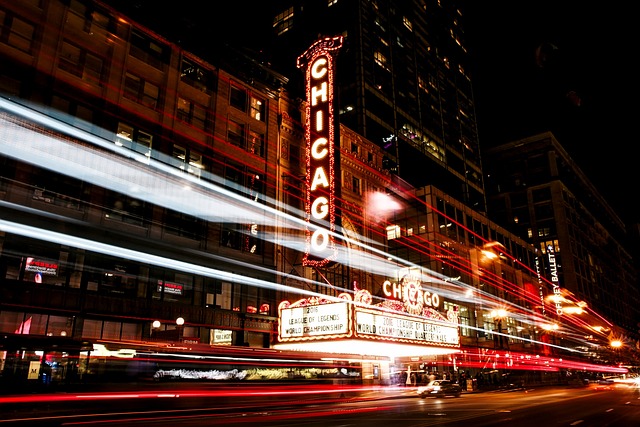
In the state of Illinois, including the vibrant city of Chicago, selling a fire-damaged property comes with specific legal obligations known as property disclosure laws. These laws are designed to ensure transparency between sellers and buyers, providing crucial information about any potential hazards or damages that could impact the new owners. When it comes to selling fire-damaged real estate in Chicago, understanding these regulations is paramount for a smooth transaction.
Illinois requires sellers to disclose known defects or material facts related to the property’s condition. In cases where a property has sustained fire damage, the seller must inform buyers about any structural issues, water damage, mold growth, or other hazards that resulted from the incident. This transparency allows potential purchasers to make informed decisions and helps them avoid unforeseen problems in the future. By adhering to these disclosure laws, both parties can navigate the process of selling a fire-damaged Chicago property with trust and confidence.
What Constitutes Fire Damage for Legal Purposes?
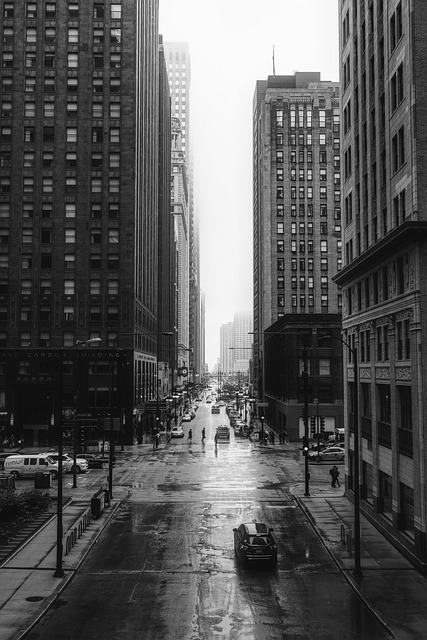
When it comes to selling fire-damaged property in Chicago, understanding what constitutes fire damage for legal purposes is crucial. For residential properties, fire damage includes not only direct flames and smoke but also water damage from firefighters’ efforts to extinguish the blaze. This can result in mold growth, corrosion, and structural issues that must be disclosed to potential buyers.
Legal definitions extend beyond visible signs of charring and burning. Any structural elements compromised by the fire, such as weakened walls, floors, or roofs, are considered damages. Additionally, personal belongings and fixtures affected by smoke and water should also be documented and revealed in a property disclosure form when selling fire-damaged real estate in Chicago.
Seller's Obligations When Selling Fire-Damaged Property in Chicago

When selling fire-damaged property in Chicago, sellers have specific obligations under Illinois’ property disclosure laws. After a fire, it’s crucial to disclose any known damage or defects that could impact a buyer’s decision. This includes providing detailed information about the extent of the fire damage, any structural issues, and the steps taken for repair or remediation. Sellers must also offer relevant documents, such as inspection reports or estimates from restoration professionals, to give buyers a comprehensive understanding of the property’s current state.
In Chicago, sellers are legally required to complete a Property Disclosure Form, which should include all relevant details about fire damage. Omitting this information or misrepresenting its severity can lead to legal consequences and potential buyer dissatisfaction. By being transparent and thorough in their disclosures, sellers can help ensure a smooth sales process and protect themselves from future disputes related to undisclosed fire damage.
Buyers' Rights and Protections in Fire-Damaged Property Transactions

When purchasing a home in Chicago, buyers have rights and protections, especially when dealing with fire-damaged properties. Illinois property disclosure laws mandate that sellers disclose any known issues or damage to the property, including structural problems or hazards caused by fire. This is crucial for buyers to make informed decisions and understand potential repairs needed.
In the event of a fire, buyers have the right to conduct an inspection to assess the extent of the damage. Sellers must provide access to the property for this evaluation, ensuring transparency throughout the transaction. If significant structural damage or hazardous materials are discovered, buyers may negotiate repairs or request adjustments in the sales price to cover these costs. The goal is to protect buyers from unforeseen issues and ensure they acquire a safe and habitable home, even when purchasing fire-damaged properties in Chicago.
Common Exclusions and Exceptions in Illinois Property Disclosure Laws

In Illinois, property disclosure laws aim to ensure transparency between sellers and buyers during real estate transactions. However, there are several common exclusions and exceptions to be aware of when considering to sell fire-damaged property in Chicago. These exemptions often apply to situations where disclosing certain information might be impractical or where the condition is not readily apparent to a reasonable buyer.
For instance, minor cosmetic issues like paint chips or slight water stains may be excluded from disclosure requirements. Additionally, historical or previous damage that has been remediated according to industry standards, such as fire damage repaired to code, might not need to be explicitly stated. However, if the fire damage is significant and could impact a buyer’s decision, such as structural issues or extensive water damage, sellers are legally obligated to disclose these facts accurately. Selling fire-damaged property in Chicago requires careful navigation of these legal nuances to ensure compliance with disclosure laws while providing clear and honest information to prospective buyers.
Legal Implications and Best Practices for Selling Fire Damaged Property in Chicago
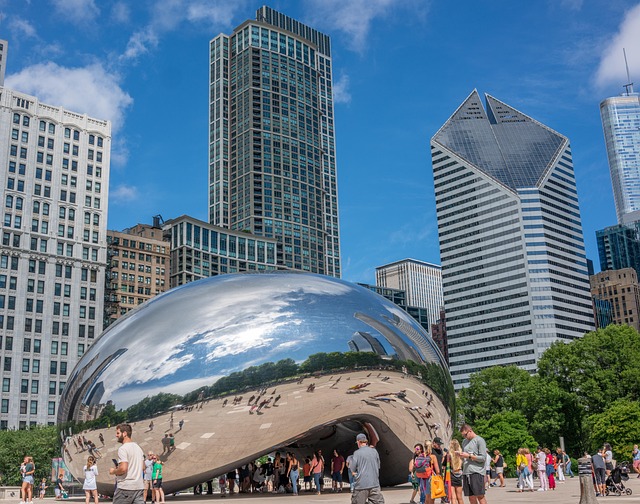
When selling fire-damaged property in Chicago, understanding the legal implications is crucial to ensure a smooth transaction and protect all parties involved. Illinois has specific disclosure laws that require sellers to reveal any known defects or hazards on the property. In the case of fire damage, this includes structural issues, contamination from smoke or water, and potential health risks. Sellers must provide comprehensive information about these aspects to buyers, ensuring transparency. Failure to disclose could lead to legal consequences, including liability for damages and even criminal charges in some cases.
Best practices for selling fire-damaged property include engaging professional services for thorough inspections and assessments. This helps identify all potential issues and provides accurate data for disclosure. Sellers should also document repairs and renovations made after the fire to demonstrate that necessary steps have been taken to mitigate risks. Additionally, maintaining open communication with buyers is essential. Transparency builds trust and can lead to a quicker sale with less negotiation, as buyers are more likely to understand and accept the challenges of purchasing a fire-damaged property when well-informed.
When considering to sell fire damaged property in Chicago, understanding and adhering to Illinois’ stringent property disclosure laws is paramount. This comprehensive guide outlines key aspects, from defining fire damage to buyers’ rights and legal implications. By being transparent about any fire-related issues and following the outlined best practices, both sellers and buyers can navigate these transactions with confidence, ensuring a smooth process for selling fire damaged property in Chicago while mitigating potential risks.

